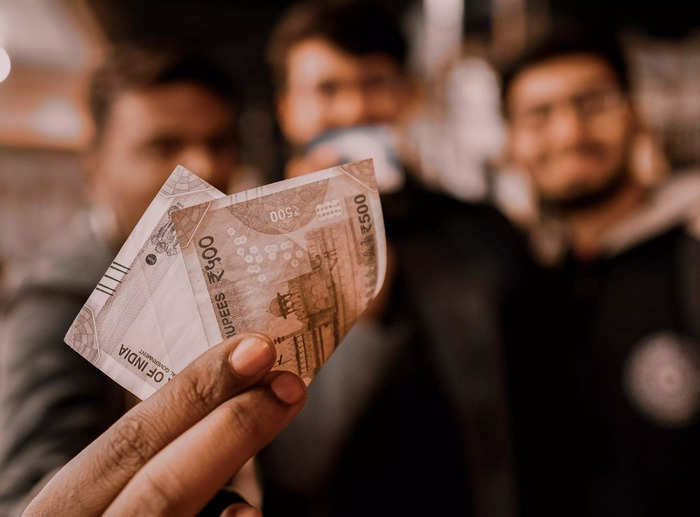
Decoded: How the #Rupee trade settlement is tied to India’s trade deficit and forex reserves
businessinsider.in/finance/news/w…
By @jainrounak
businessinsider.in/finance/news/w…
By @jainrounak

India is a trade deficit country, meaning it imports more than it exports — this forces the country to maintain large forex reserves. The ongoing pressure on the #Rupee and its decline against #dollar pushed #RBI to put in place a mechanism to allow international trade in rupees. 

Since India is a net importer – with its imports exceeding exports by over $87 billion in 2021-22 – and the value of Indian #Rupee declining consistently, #RBI’s latest decision to allow international trade in rupees is expected to reduce the pressure on India’s forex reserves. 

#RBI’s move would reduce the outflow of US dollars and shore up demand for the #Rupee This would allow the central bank leeway to conserve its forex reserves and keep rupee stable. The US #Dollar has been going through a phase of strength against most currencies in the world. 

The US #dollar’s strong performance has essentially made imports expensive for most countries. #SriLanka, which is going through one of its worst economic crises, is a glaring example of a country in which the economy has come to a halt due to a drastic fall in forex reserves. 

The question that #RBI needs to answer is – why would countries with a trade surplus with India want to trade in rupees?
For instance, #China had a $73 billion trade surplus with India in 2021-22, that is, Indian imports from China exceeded its exports to China by $73 billion.
For instance, #China had a $73 billion trade surplus with India in 2021-22, that is, Indian imports from China exceeded its exports to China by $73 billion.

For now, though, it looks like trade settlements in rupee will be limited to countries like Russia and Iran, which are facing sanctions from the West, and #SriLanka, which is going through an economic turmoil, and a few other immediate neighbours of India.
#Rupee #RupeeVsDollar
#Rupee #RupeeVsDollar

• • •
Missing some Tweet in this thread? You can try to
force a refresh




















